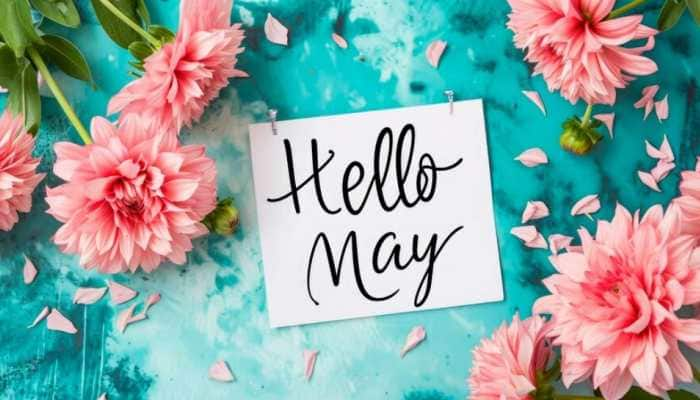Bangladesh envoy highlights his country’s economic progress, pays tribute to Indian soldiers for liberation war
Bangladeshi's high commissioner to India, Muhammad Imran has highlighted his country's economic progress and how the country is developing fast. Speaking at the Independence Day celebration of his country at the high commission, he said, "Bangladesh has become a role model for fighting poverty, empowering women, disaster management. We have made commendable progress in achieving food security despite frequent natural disasters. The economy of Bangladesh is developing rapidly."
- Bangladeshi's high commissioner to India highlighted his country's economic progress and how the country is developing fast.
- Muhammad Imran paid tributes to Indian soldiers who laid lives for the liberation of his country in 1971.
Trending Photos
) File Photo
File Photo New Delhi: Bangladeshi's high commissioner to India, Muhammad Imran has highlighted his country's economic progress and how the country is developing fast. Speaking at the Independence Day celebration of his country at the high commission, he said, "Bangladesh has become a role model for fighting poverty, empowering women, disaster management. We have made commendable progress in achieving food security despite frequent natural disasters. The economy of Bangladesh is developing rapidly."
The economic size of Bangladesh is 330 billion dollars, with GDP growth during COVID times standing at 5.2 percent. 99 percent of the country has access to electricity, 150 million people have a mobile phone and 100 million are connected to the internet. It has its own satellite in space since 2018, and the second one is going to be launched soon.
Bangladesh's textile industry is the second largest in the world. The country is also the fourth largest rice producer and is self-sufficient in food. Foodgrain production in the nation has increased 4 folds, from 1971 to 2020. This year, it fulfilled all the criteria to get the status of a developing country, from the LDC status.
Additionally, Muhammad Imran paid tributes to Indian soldiers who laid lives for the liberation of his country in 1971. This year, the country is celebrating its 50th year of Independence from the then West Pakistan. March saw almost a month-long celebration, including visits of South Asian leaders including Maldives President, Nepali President, Bhutan, Sri Lanka and India's Prime Minister.
Muhammad Imran said, "We recall with deep gratitude, the contribution of people and government of India for their moral and material support during our difficult days". Adding, "Bangladesh acknowledges the support received from our Neighbours and remember our friends around the world who stood beside us for our just cause."
Bangladesh will be building a memorial for Indian soldiers in Ashuganj near Dhaka, the foundation stone for which was laid during PM Modi's Bangladesh visit in March.
He pointed out that the "emotional bonds between India and Bangladesh stem from the invaluable contribution from the people and government of India in the war of liberation in 1971. In the last decade, relations have reached a golden chapter, achieving a comprehensive partnership covering all possible areas of cooperation."
Both countries have seen high-level visits, including the visit of PM Modi and EAM Jaishankar to Bangladesh in March. That was PM Modi's first visit during COVID times abroad. Dhaka, Delhi are working to revive old connectivity routes and establish new connectivity routes.
“India will be able to use both land and water routes in Bangladesh, to go to northeastern states from the mainland,” Imran said.
Earlier this year, a bridge over the Feni river was inaugurated, connecting India's North East with Bangladesh. The countries share 54 rives, maximum for any two countries globally.
He also spoke about the Rohingya issue or displaced minority community from Myanmar who have taken refuge in the country. Bangladesh is hosting 1.2 million Rohingya refugees and is keen for "safe and early" repatriation of the community.
He said, "to keep on supporting them for an indefinite period would be asking too much for a country like us which has its own domestic development targets to achieve with limited resources.... we all want to avoid the rise of any radicalism, which can seriously impact peace, stability, economic growth in the region and beyond".
At the Independence Day celebration at the high commission, India's trade minister Piyush Goyal was the chief guest. Large presence of Delhi's diplomatic community was also seen.







)
)
)
)
)
)
)
)
)
)
